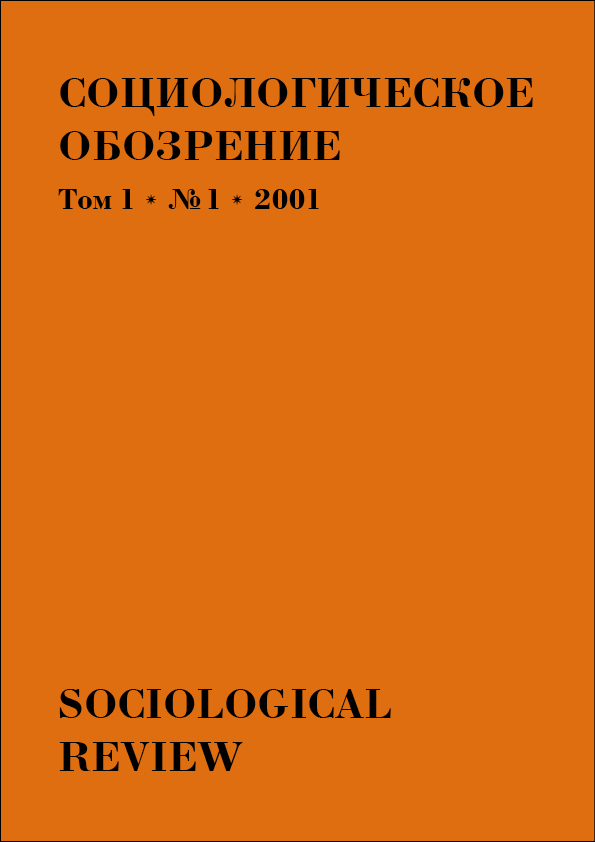The political charisma: review of foreign theories
Abstract
“Political charisma” is one of the controversial sociological concepts, yet it is widely used in the contemporary studies of political processes. The paper reviews the key foreign theories of political charisma. The first part of it considers the classic explanatory model of Max Weber. It is contrasted to “religious approach”, which sees charisma primarily as a religious phenomenon. Additionally, the paper follows the ideas of Frankfurt school to describe different variations of “pseudocharisma” (e.g. mediated, non-revolutionary, rationally constructed by bureaucracy, synthetic) as typical social constructions of modern societies. In the second part, I review theories that understand charisma from a functionalist perspective starting from Durkheim tracing it up to Parsons. I also focus on the “messianic” paradigm closely connected with American cultural anthropology and Anglo-Saxon anthropology in general. This approach aims at discovering and reconstruction of the universal archetypes of leadership. Finally, in the second part of the review I also discuss more broad understanding of political charisma and its functions typical to the pluralistic theory.




